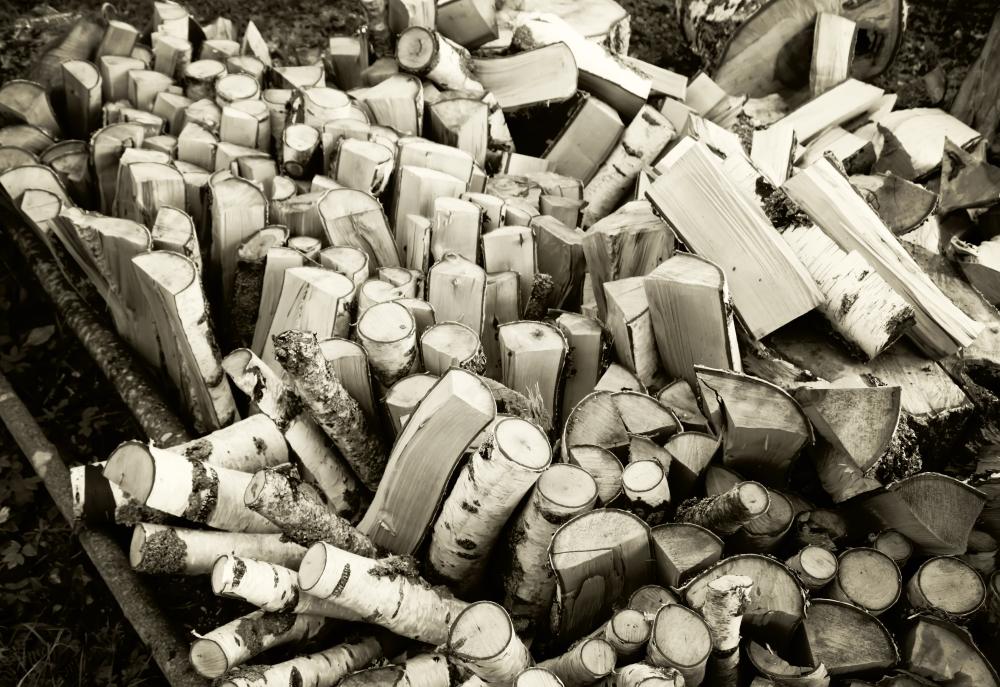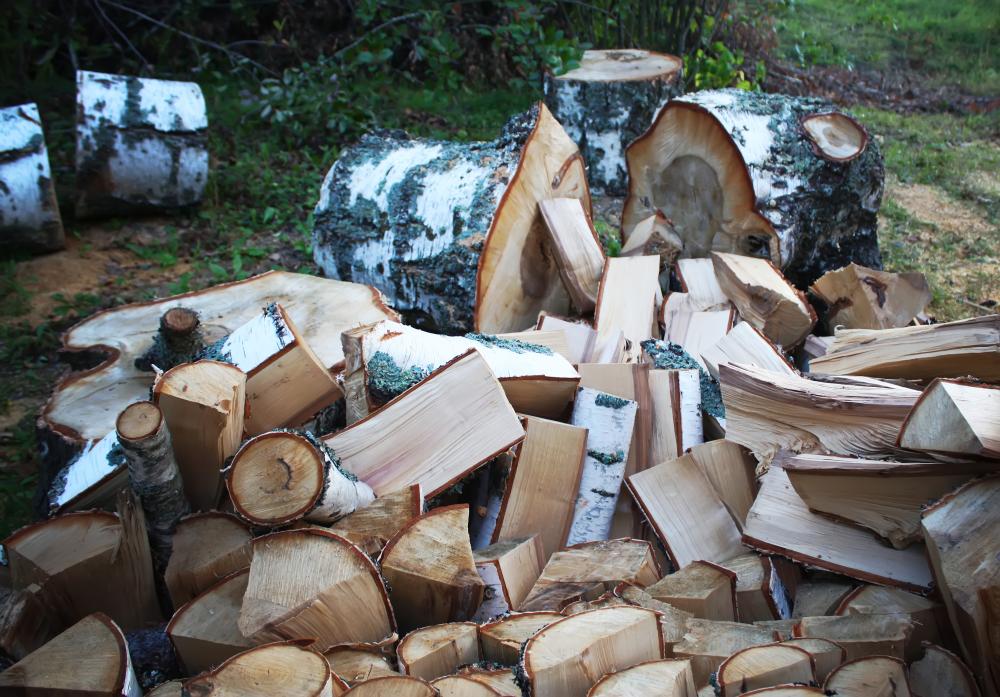
The Nature of Firewood in Maine
Living in Maine, the experience of sourcing firewood extends beyond mere necessity. It’s a lifestyle, deeply rooted in the rhythm of the seasons. Having spent over two decades in the firewood industry, I’ve seen firsthand the significance of choosing the right type of wood for both warmth and sustainability. In Maine, the availability of hardwoods like oak, birch, and maple is a blessing for anyone who cherishes a crackling fire.
Fire Wood Maine isn’t just about fuel; it’s about connection–to nature, family, and tradition. When winter’s chill arrives, Mainers know the true value of stacking a seasoned pile of wood.
Why Maine is Ideal for Firewood
Maine’s vast forests provide an abundant source of high-quality firewood. The climate here contributes to the hardwood’s density, giving it an exceptional ability to produce long-lasting heat. Because of this, Fire Wood Maine is highly sought after in both residential and commercial settings.
From Bangor to Bar Harbor, and across the rural expanses of the North Maine Woods, the local wood industry thrives. Not only does this support the state’s economy, but it also ensures that each purchase helps preserve our exquisite landscapes.
- Local Economy Support
- Sustainability Focused
- Wide Variety of Hardwoods
Supporting local wood suppliers is a key element of maintaining the eco-balance and promoting sustainable practices. Every time you buy Fire Wood Maine, you’re investing in a greener future.
Choosing the Right Firewood
Choosing firewood may seem straightforward, but to get the best performance, it’s essential to consider wood type, dryness, and size. Always prefer seasoned wood, as it burns more efficiently and cleanly, reducing creosote buildup.
The most popular choices in Maine include oak for its dense heat, birch for its ease of ignition, and maple for a cleaner burn. Each type carries its unique benefits, so it’s common for households to stock a mix. Pro tip: Aim for a moisture content below 20% for optimal burning.
How to Store Firewood Properly
Proper storage is crucial to maximize the efficiency and longevity of your Fire Wood Maine. Follow these steps to keep your wood in top condition:
- Find a dry, sheltered location to stack your wood.
- Elevate the woodpile from the ground to allow airflow beneath it.
- Stack wood loosely to promote air circulation and quicker drying.
- Use a tarp or cover that allows moisture to escape, avoiding mold growth.
These steps ensure that your wood remains dry and ready for use when winter hits hard, saving you time and money.
What Are the Most Common Firewood Questions?
The term Fire Wood Maine often brings up several queries, especially for newcomers to the area. Below are some frequently asked questions:
Is it better to buy green or seasoned wood? While seasoned wood is ready to burn right away, buying green wood and seasoning it yourself can be more economical, provided you have the space and patience.
How much wood should I buy? For a typical Maine winter, expect to go through 3-4 cords of wood. Adjust based on your heating needs and stove efficiency.
What is the importance of softwoods in firewood? Softwoods are excellent for starting fires due to their resin content, providing a quick, hot burn that helps ignite the denser hardwoods.
The Evolution of Wood Burning in Maine
Historically, wood burning in Maine has evolved from an essential survival skill to an eco-conscious lifestyle choice. Embracing technology and sustainability, companies now offer innovative solutions like MaineFlame’s recycled firelogs. These logs provide a clean-burning option that reflects Maine’s commitment to environmental responsibility.
Today, the focus on sustainability is more than just a trend–it’s a necessity. Products like those from MaineFlame demonstrate how we can enjoy the time-honored tradition of Fire Wood Maine while reducing our carbon footprint.
As the world shifts towards greener practices, Maine continues to lead by example, ensuring that the fires of tradition continue to burn bright.

Understanding Firewood Selection in Maine
When choosing firewood in Maine, what factors should I consider to ensure optimal burning efficiency?
When selecting firewood in Maine, it’s important to consider the type of wood, its moisture content, and your specific heating needs. Hardwoods such as oak, birch, and maple are popular choices due to their density and longevity in providing heat. Aim for wood with a moisture content of less than 20% as this ensures better burning efficiency and minimizes creosote buildup in your chimney. Seasoned wood is ideal; however, if you have the patience and space, buying green wood to season at home can be a worthwhile investment. Asking local suppliers about their sources and sustainability practices can also be beneficial in making an informed decision.
Storing Firewood Effectively
How can I ensure that my firewood remains dry and ready to use throughout the winter?
The key to effective firewood storage is keeping it dry and well-ventilated. Start by stacking your firewood in a sheltered area, preferably off the ground to avoid moisture absorption. Use a cover or tarp to protect the top of the pile, but make sure there is air circulation to prevent mold growth. A personal experience I had was using pallets to lift the wood, which significantly improved air flow and drying time. Regularly check your stack for signs of moisture or decay, and restack as needed to promote even drying.
Exploring MaineFlame’s Eco-Friendly Options
What makes MaineFlame’s firelogs an environmentally responsible choice for wood burning?
MaineFlame’s firelogs stand out for their environmental benefits, created entirely from recycled waste wood without any chemicals or additives. This not only supports waste reduction but also promotes a cleaner burn, which is essential for reducing air pollution. I often recommend MaineFlame to those looking to balance tradition with sustainability. Additionally, by using local materials, MaineFlame helps sustain the local economy and reduce transportation emissions. If you’re curious about the impact of traditional wood versus eco-friendly options on the environment, exploring the data on carbon footprints can be eye-opening.
Economic Benefits of Local Firewood
How does buying local firewood in Maine support the economy?
When you purchase local firewood, such as those provided by MaineFlame, you’re directly contributing to the local economy by supporting jobs and businesses within the community. The forestry and logging industries are vital to Maine, with many families relying on them for their livelihoods. Buying local also helps reduce the carbon footprint associated with transportation from distant suppliers. A study highlighted that local economies flourish with localized purchasing, fostering a stronger community network. How can individual purchasing decisions make a difference in your local economy?
Choosing Between Green and Seasoned Wood
Is it more cost-effective to purchase seasoned firewood or to season green wood yourself?
This decision often depends on your available resources and patience. Seasoned wood is ready to use immediately, saving the time and effort needed to dry green wood. However, green wood is generally cheaper, and seasoning it yourself can be more economical if you have the appropriate space and storage conditions. Personal anecdotes from seasoned wood users often highlight the convenience, especially during harsh winters when time is precious. It’s worth considering your specific needs and resources to decide what fits best for you.
Understanding the Role of Softwoods in Firewood Use
Why should softwoods be included in my firewood collection, and how do they complement hardwoods?
Softwoods, like pine and spruce, are crucial for starting fires due to their resin content, which ignites quickly and provides a hot flame. They complement hardwoods by creating the initial heat necessary to get denser woods burning. A balanced mix of softwoods and hardwoods ensures a fire that’s easy to start and maintains consistent heat. An interesting scenario is using a small amount of softwood to kindle the fire and then gradually adding hardwoods for a long-lasting burn. Have you found a particular combination of woods that works best for you in your home or outdoor fires?
The Evolution of Wood Burning Practices in Maine
How have wood burning practices in Maine adapted to modern environmental standards?
The evolution from traditional wood burning to eco-friendly practices in Maine reflects a growing environmental awareness. Companies like MaineFlame offer innovative solutions such as recycled firelogs, which align with modern sustainability goals. The shift is from necessity to conscious choice, ensuring that enjoyment of wood fires doesn’t compromise environmental integrity. As technology develops, there’s increased potential for more sustainable and efficient wood burning methods. Exploring these advancements can provide insights into the future of home heating and environmental responsibility.
Supporting Sustainability Efforts through Wood Choice
How can my choice of firewood contribute to broader sustainability efforts in Maine?
Your firewood choices can have a significant impact on sustainability initiatives. By opting for providers that prioritize eco-friendly practices, like MaineFlame, you can help encourage responsible forest management and waste reduction. Consider the lifecycle of your firewood–from sourcing to burning–to minimize ecological impact. An interesting point is how consumer demand can drive more companies to adopt sustainable models. Have you considered how your everyday choices might contribute to larger environmental goals?
Resources
- Maine Department of Agriculture, Conservation and Forestry – Official website for the Maine Department of Agriculture, Conservation and Forestry, providing information on forestry, agriculture, and conservation efforts in Maine.
- USDA Forest Service – The official website of the USDA Forest Service, offering research, resources, and information on national forests, including topics related to firewood and forestry.
- University of Maine Cooperative Extension – The website for the University of Maine Cooperative Extension, offering educational resources and expertise on various topics, including firewood and wood heating.

Recent Comments